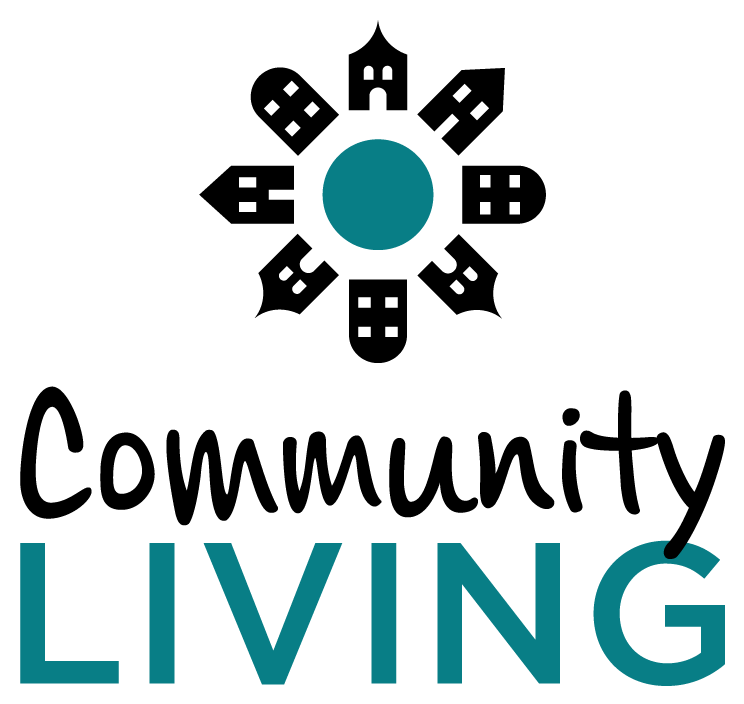It’s hard to believe it’s already mid-June. Our walk is just under two weeks away! Time really is speeding by.
As summer gets into full swing, we get to enjoy more activities outdoors in the long hours of sunlight each day brings. This time of year is perfect for outtings, barbecues, and family events. And with more people outside, we can enjoy the company of new and familiar faces alike.
Summertime is great for meeting new people. And that’s why it’s also a good time for a friendly reminder: All people are worthy of respect, kindness and love. And, perhaps more importantly, all people are worthy of understanding.
It’s all too easy to judge. And worse, it’s all too easy to judge with information we assume to be correct.
Perhaps the worst enemy of acceptance is ignorance. When people don’t know any “truth” other than their assumptions, they will be more likely to make sweeping generalizations that just aren’t true.
Unfortunately, people with disabilities — regardless of what the disabilities are — are constantly lumped together. Many seem to attribute identity to the disability instead of the individual. Instead of seeing the whole person –someone whose disability is just one component of their intricate, unique self — we tend to see only the disability.
It’s all too common for people to make a correlation between disability and intelligence, and assume that people with disabilities are less intelligent than their able-bodied peers. This is even more prevalent among people who are nonverbal. It’s so easy to assume that just because someone cannot speak, they cannot hear or understand their surroundings. But that assumption can be very damaging.
There are a few universal rules of thumb we should all keep in mind, not just in our interactions with people with disabilities, but with anyone we come across:
- Be polite. If someone looks different than you in some way, whether it be their style of dress or how their body is presented, don’t stare. Smile. Be kind. And remember all bodies are unique, different, and capable in their own ways.
- Be nice. Not everyone is going to want to talk about their disability. Everyone is different. And, if it’s not your body, it’s not your business. Don’t pry into people’s lives, and remember to phrase questions nicely. It’s always best to ask if it’s alright if you pose a question before just asking.
- Don’t punish curiosity. If your child sees someone with a disability and points it out, don’t punish them for their curiosity. This teaches that disabilities should be hushed and not talked about. Instead, explain that all people are unique and different, and be sure to point out the correct, people-first langauge to use when discussing disabilities.
Being nice isn’t difficult. And if you find that you don’t know a lot about certain disabilities, do some research. But remember: No two people with the same disability will ever be the same. Just like no two blondes are the same, no two people with autism are the same, either. If I want to know what it’s like to be you, in your situation and with your unique challenges and experiences, I wouldn’t ask Google. I’d ask you. We’re all people, and nobody comes straight out of a textbook.
